8 GPTs for Weight Support Powered by AI for Free of 2026
AI GPTs for Weight Support are advanced generative pre-trained transformer models specifically tailored for applications in weight management, nutrition, and fitness. These tools leverage the power of AI to offer personalized advice, generate meal plans, create workout routines, and provide motivation and support for individuals looking to manage their weight. By understanding natural language, these GPTs can interact with users in a conversational manner, making them accessible and useful for a wide range of applications within the weight support domain.
Top 8 GPTs for Weight Support are: Nutrition Pro,FITGPT🏋🏻♂️🍎,Personalized Fitness Trainer and Nutritionist,Calorie Counter,SeeFood,Nutricia,DietBuddy,Healthy Connoisseur
Nutrition Pro
Your AI-Powered Dietitian
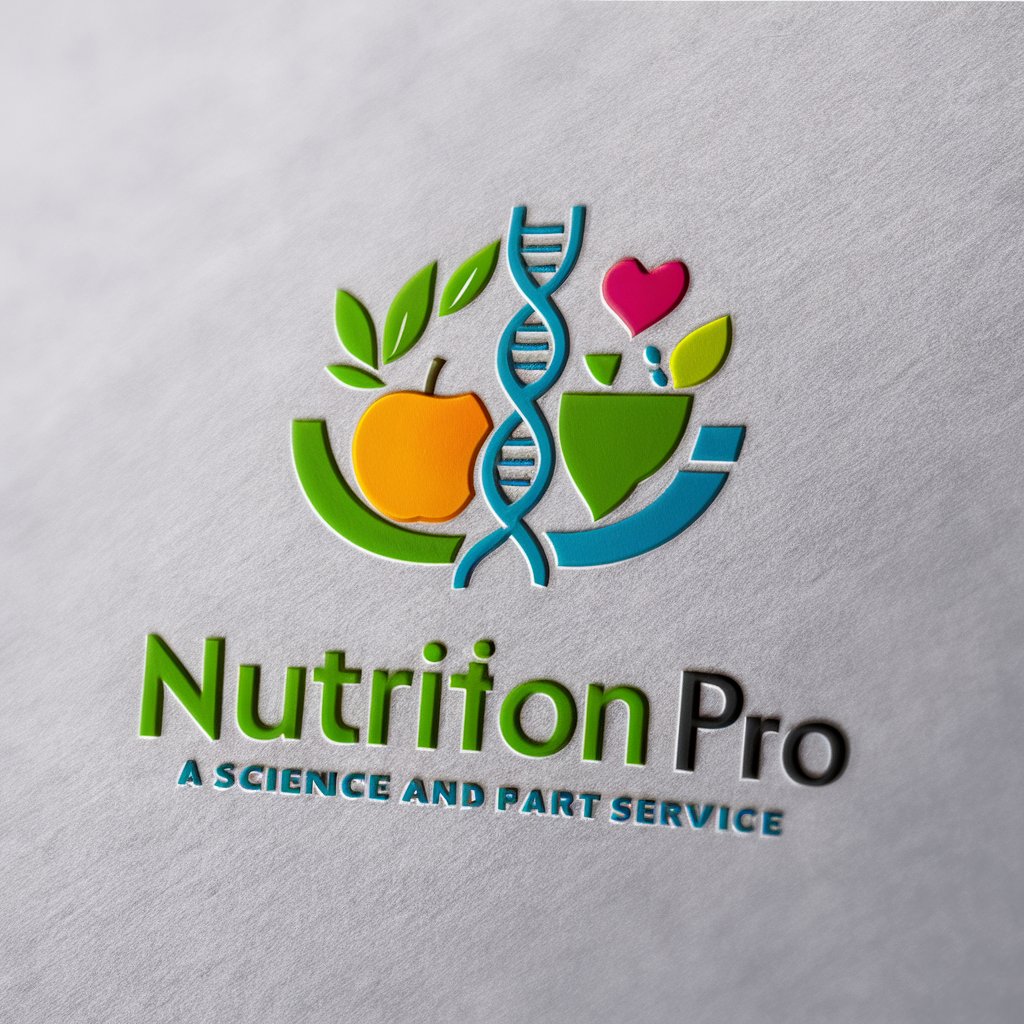
FITGPT🏋🏻♂️🍎
Empowering Your Health Journey with AI
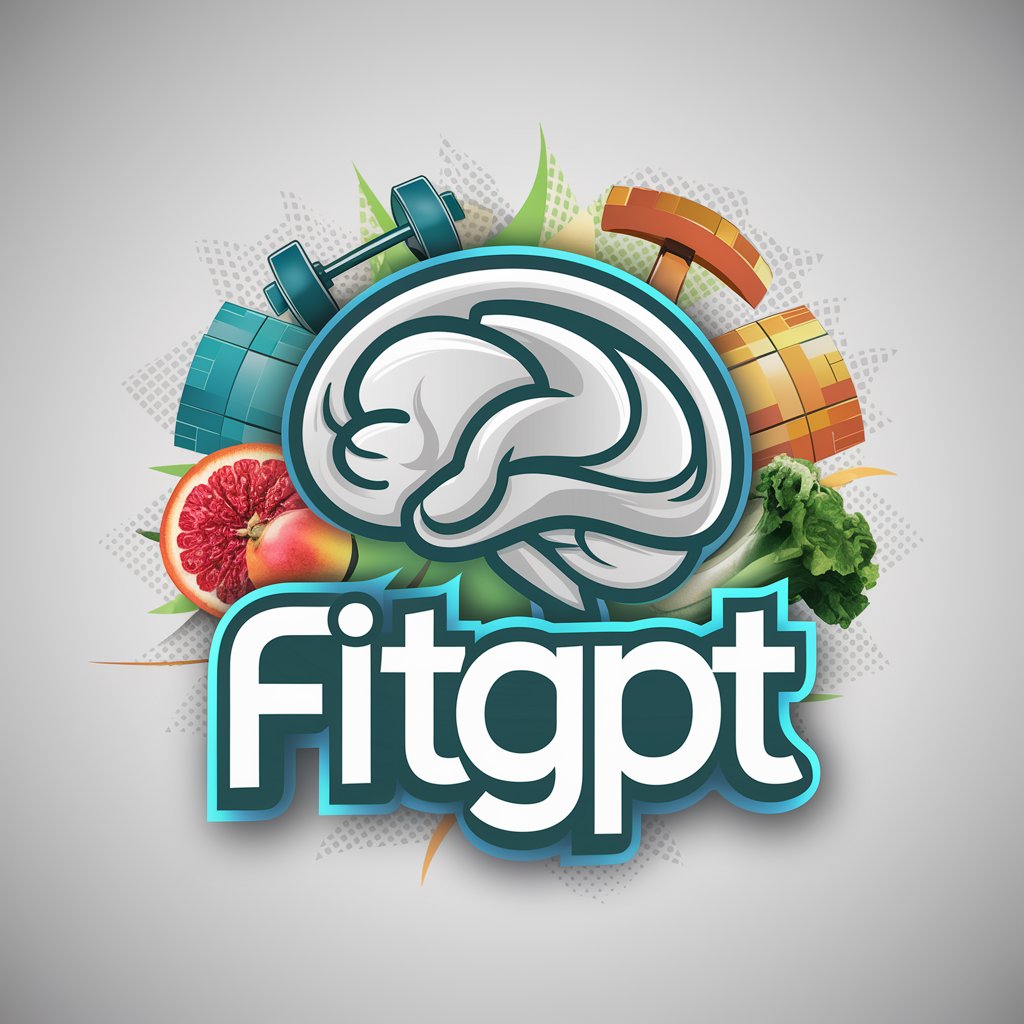
Personalized Fitness Trainer and Nutritionist
AI-Powered Personal Fitness and Diet Companion
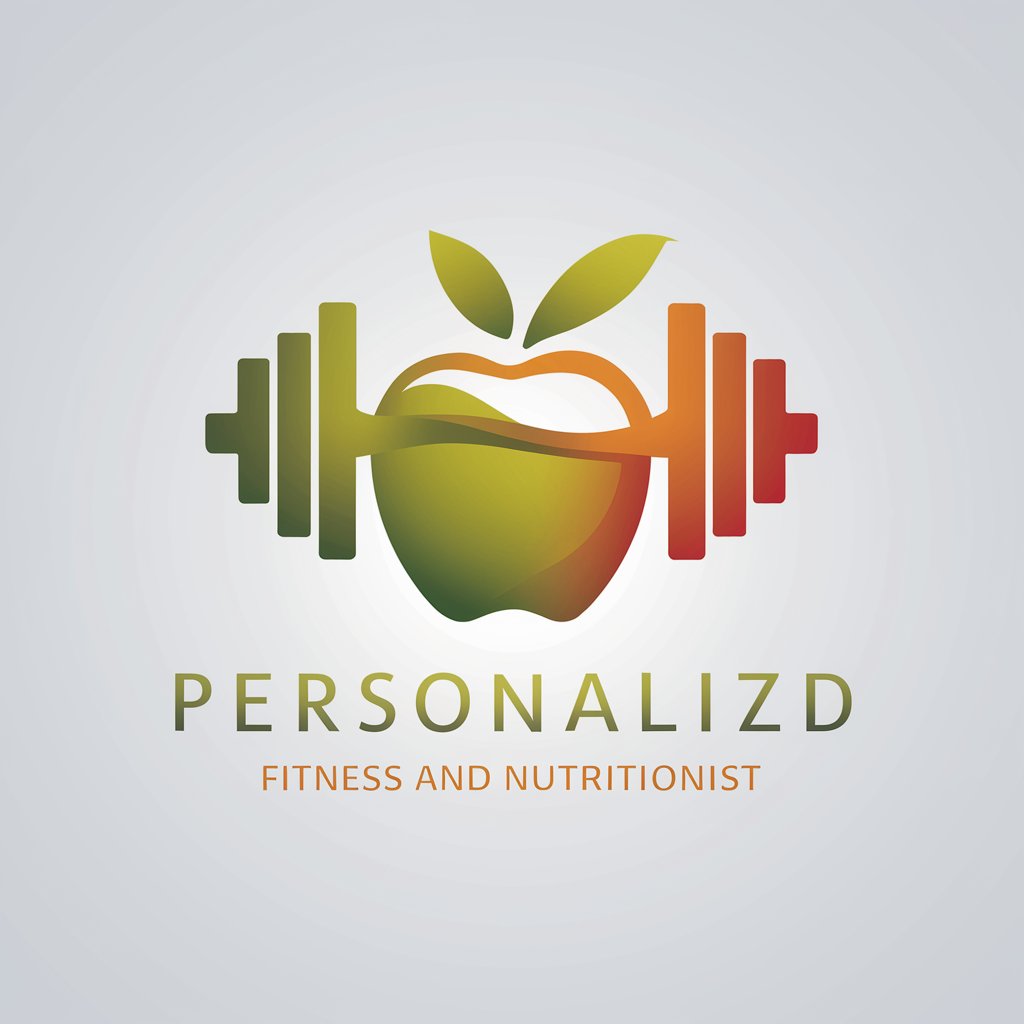
Calorie Counter
Smart Nutrition, Simplified Choices
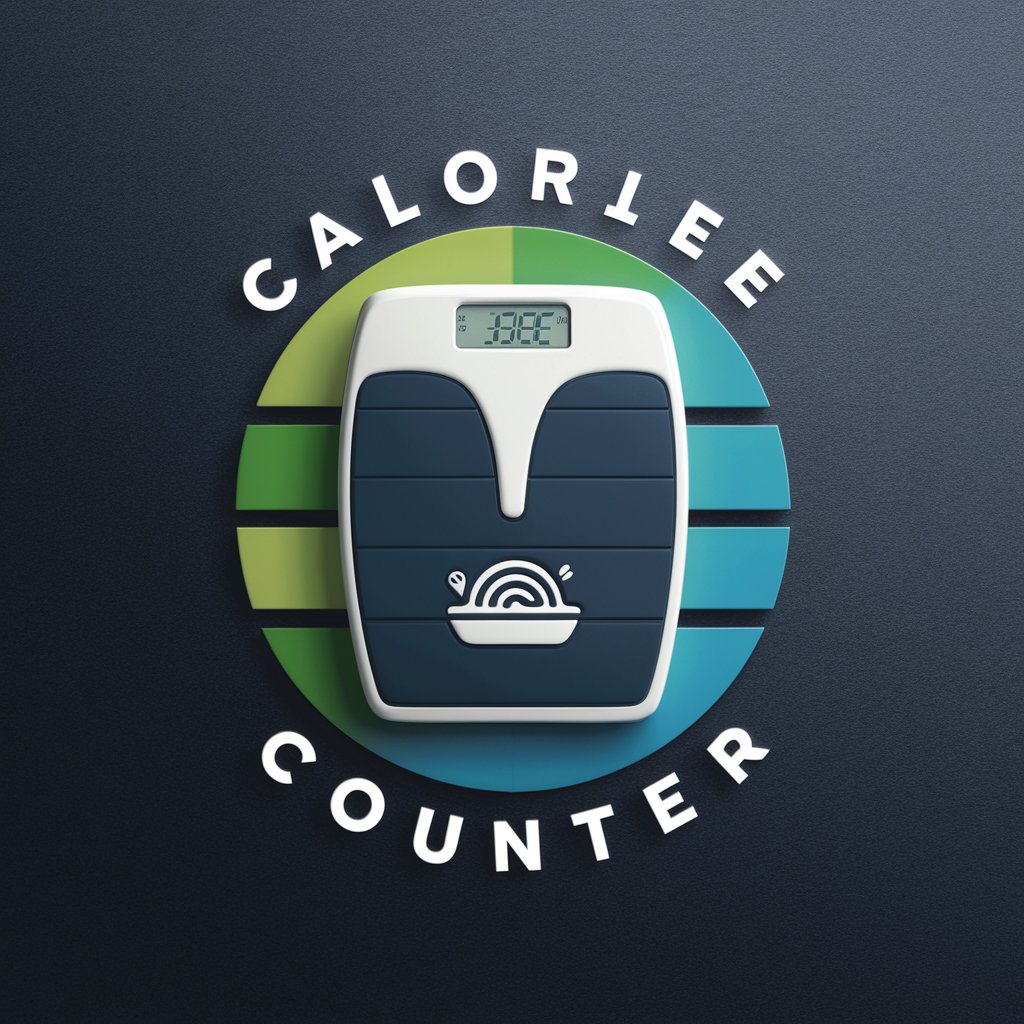
SeeFood
See What You Eat, Know What You Eat

Nutricia
Empowering Your Health with AI
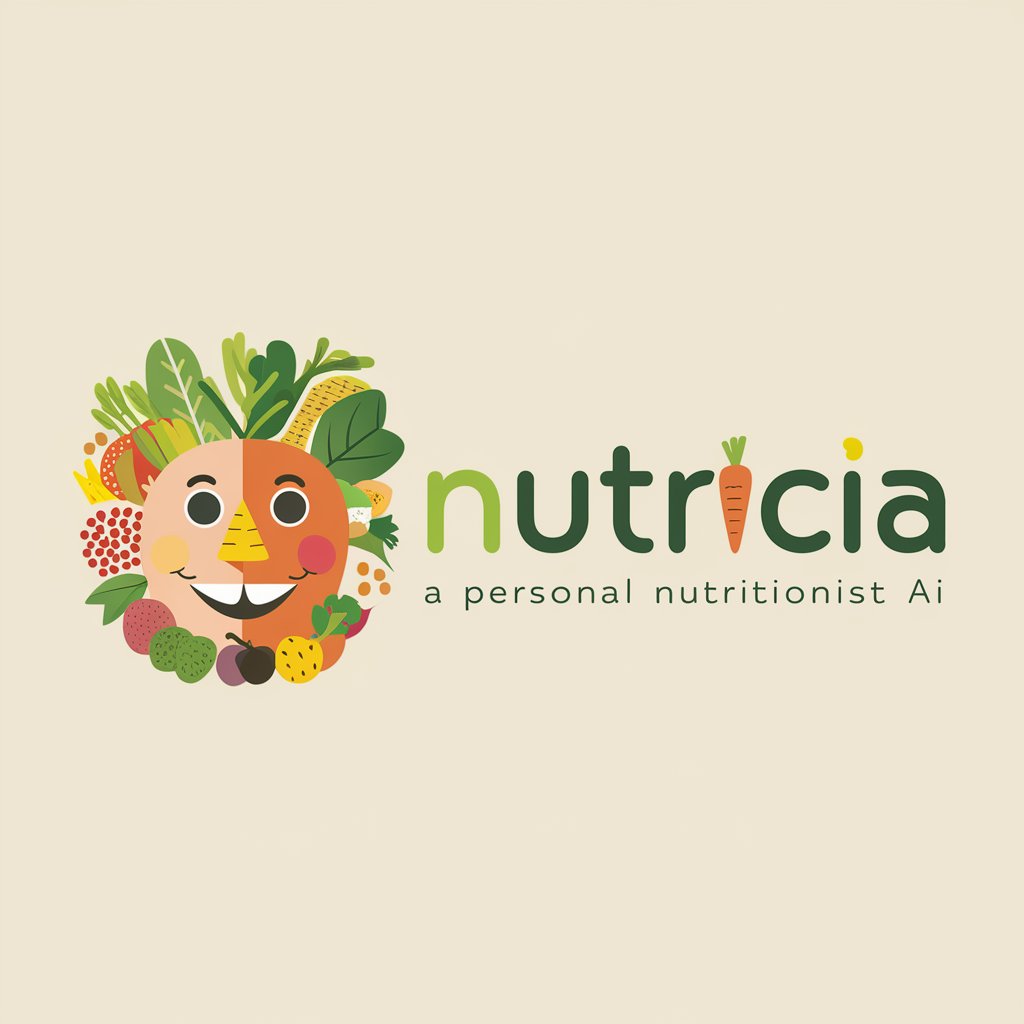
DietBuddy
Empowering your diet with AI analytics.
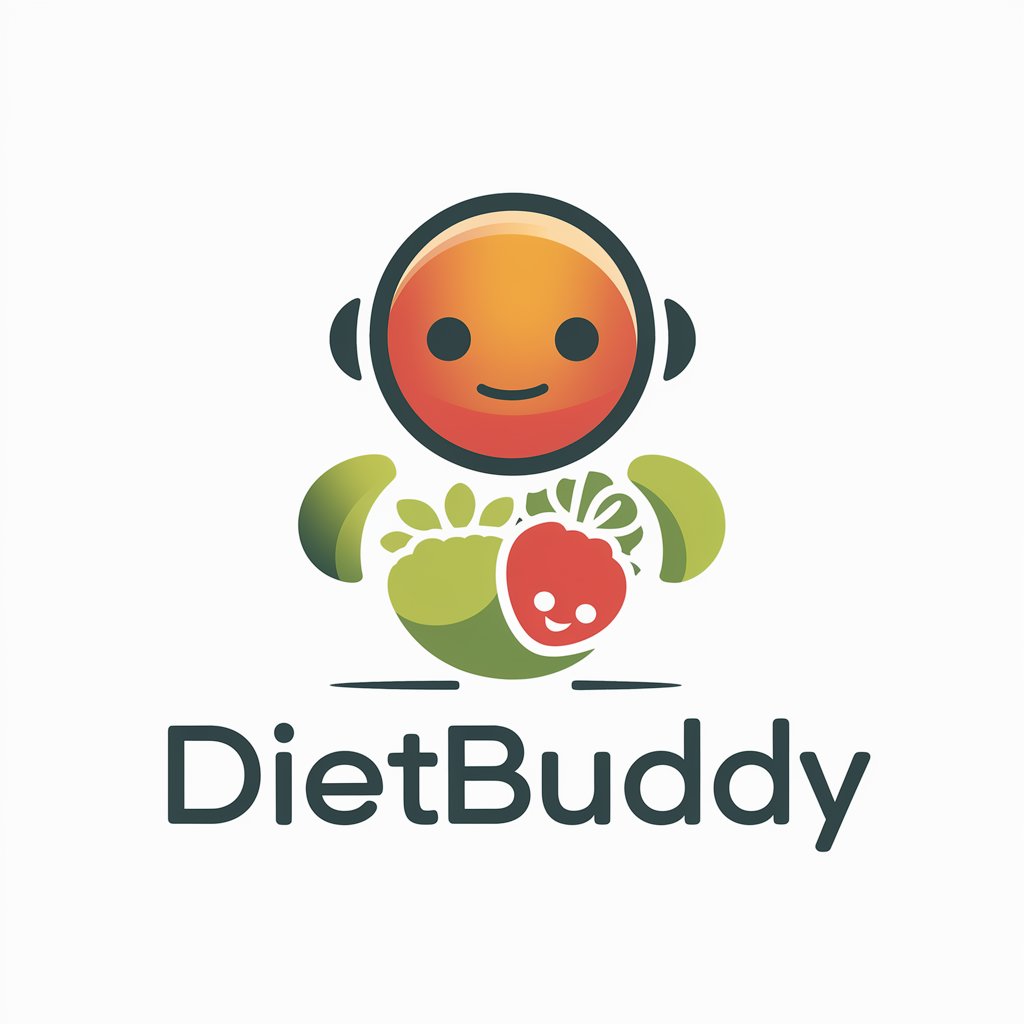
Healthy Connoisseur
Empowering healthier eating with AI

Key Attributes of Weight Support AI Tools
The core features of AI GPTs for Weight Support include personalized interaction based on user input, adaptability across various complexity levels of queries, and the ability to learn from interactions to provide more tailored support over time. Special features include nutritional analysis, custom meal and workout plan generation, progress tracking, and motivational support. Additionally, these tools can integrate with web services for broader information access and support data analysis for deeper insights into weight management patterns.
Who Benefits from Weight Management AI
AI GPTs for Weight Support are ideal for a diverse audience, including individuals seeking to manage their weight, fitness enthusiasts, nutritionists, and healthcare professionals. They offer an accessible platform for novices without coding skills and customizable options for developers or professionals in the weight management field, facilitating a personalized approach to weight support for everyone.
Try Our other AI GPTs tools for Free
Classroom Decor
Revolutionize your educational space with AI GPTs for Classroom Decor, offering tailored design and content solutions to create the perfect learning environment.
Adaptive Support
Discover how AI GPTs for Adaptive Support are transforming personalized assistance with their dynamic, context-aware capabilities. Ideal for a wide range of users, from beginners to experts.
Standard Tool
Explore AI GPTs for Standard Tool: Your gateway to advanced, adaptable AI solutions designed for nuanced understanding and complex problem-solving in specific domains.
Version Advice
Discover AI GPTs for Version Advice: your essential guide to navigating software versions, dependencies, and upgrades with ease and precision. Tailored for both novices and professionals.
Language Building
Discover how AI GPTs for Language Building revolutionize language learning, processing, and analysis with tailored, user-friendly solutions for educators, learners, and developers.
Investor Info
Discover AI-driven investment insights with GPTs for Investor Info, your tool for tailored financial analysis and market trends prediction.
Expanding Horizons with Weight Support AI
AI GPTs for Weight Support represent a fusion of technology and personalized care, offering scalable solutions across the health and wellness sector. Their ability to integrate with existing systems and workflows, combined with user-friendly interfaces, makes them a powerful tool for individuals and professionals alike, aiming to revolutionize the approach to weight management.
Frequently Asked Questions
What exactly are AI GPTs for Weight Support?
AI GPTs for Weight Support are specialized AI models designed to provide personalized guidance and support for weight management, incorporating features like diet planning, workout suggestions, and motivational coaching.
How do these AI tools personalize weight management advice?
They analyze user inputs such as dietary preferences, fitness levels, and weight goals to generate customized advice, adapting their responses based on ongoing interactions for increasingly personalized support.
Can non-technical users easily interact with these AI tools?
Yes, these AI tools are designed with user-friendly interfaces that require no coding knowledge, allowing for easy interaction through natural language conversation.
Are there customization options for developers?
Developers can access more advanced features and customization options through APIs or coding interfaces, allowing for integration into existing apps or platforms.
How do these tools support diet and nutrition planning?
They can generate personalized meal plans based on dietary restrictions, preferences, and nutritional goals, using an extensive database of foods and recipes.
Can AI GPTs for Weight Support integrate with fitness trackers?
While direct integration capabilities may vary, many of these tools can analyze data from fitness trackers to tailor workout and activity recommendations.
How do these AI models ensure user privacy?
These AI tools are designed with privacy in mind, implementing data protection measures to secure personal information and interactions.
What makes AI GPTs for Weight Support different from generic AI chatbots?
Unlike generic AI chatbots, these GPTs are specifically trained on weight management data, enabling them to provide more accurate, relevant, and personalized support in the domain of weight support.